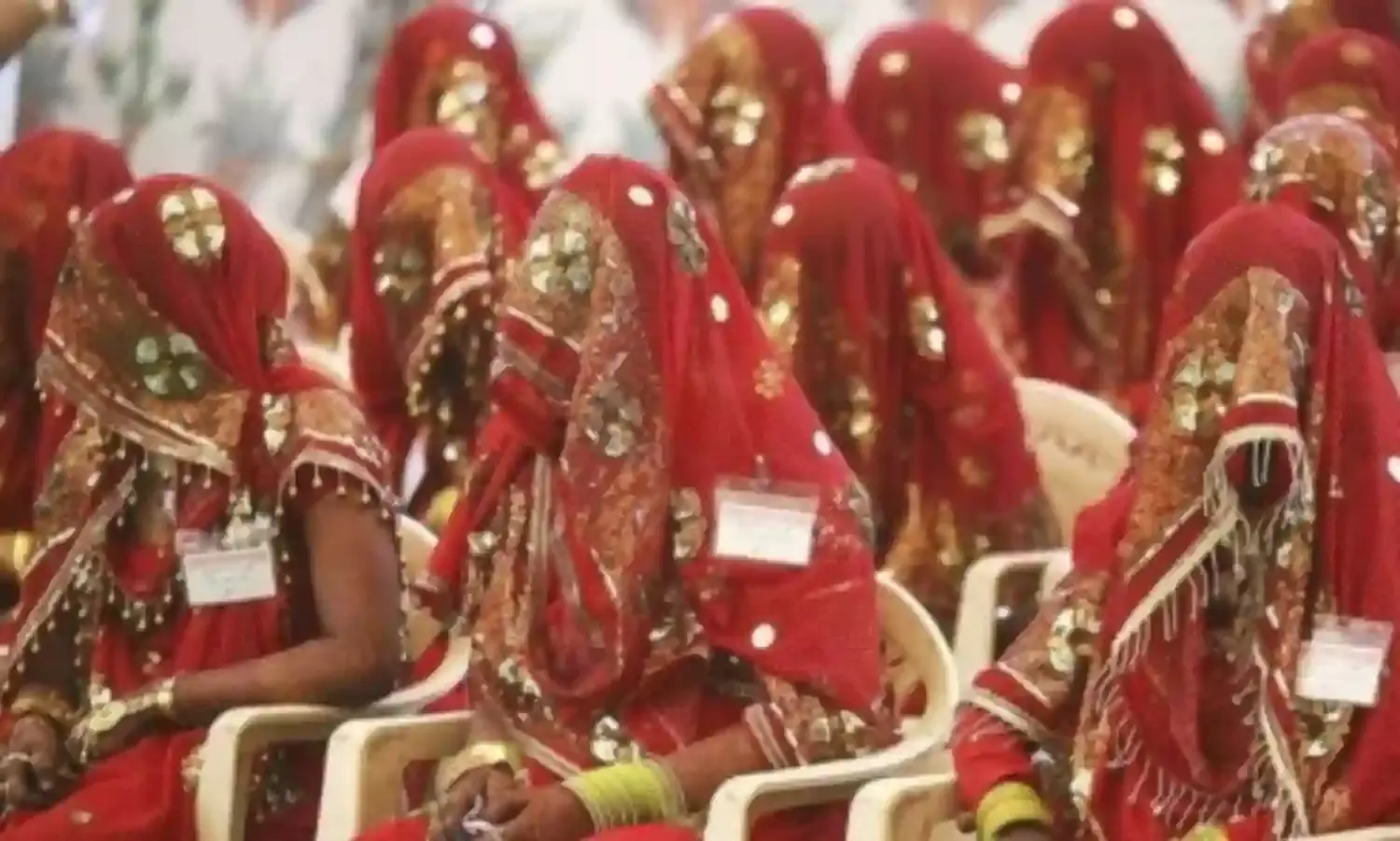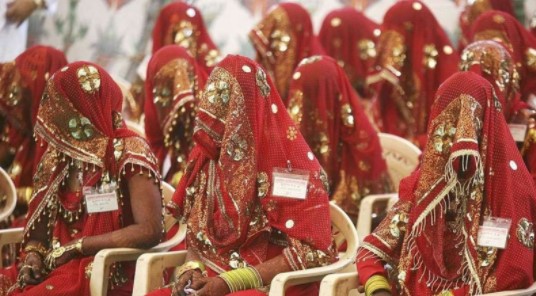Amendment To Increase Marriage Age Draws Flak
152 signatures

The Central government has recently started taking the steps to increase the legal age of marriage for girls, from 18 years to 21 years. This move was made in an attempt to curb child marriage and the implications of the same on Indian women. However, while the matter has been sent to a Standing Committee, a statement has been circulated, endorsed by 152 signatories and their respective organisations, explaining why the Bill is not empowerment-oriented but instead takes away from women’s basic rights and autonomy.
The statement - being circulated by the All India Democratic Women’s Association, National Federation of Indian Women and the All India Progressive Women’s Association - details why the proposed Amendment of Age of Marriage 2021 ought to be opposed, and provides counter-arguments to the points supporting the amendment.
The commission finds that the amendment proposal as it stands now implies that a woman is not mature enough to select a life partner at the age of 18, but a man is. And yet, a women is considered eligible to vote and enter into other contractual arrangements the same as men at 18 years. The two ideas cannot be treated as mutually exclusive.
A common argument for the amendment of the age of marriage is that the change will reflect in better health of newborns and children. In support of this, the Jaitley Committee has cited findings from international studies that prove that children born to adolescent mothers aged 10-19 years are more likely to be stunted or underweight, than children born to older mothers aged 21-24.
However, this statement argues that the health of a newborn is largely dependent on the health and nutritional history of the mother, and the risks do not rise if the age of the mother varies from 18 to 21 years. The statement also points out that the government, alongside undertaking this amendment, has been consistently slashing the fund allocations for Integrated Child Development Services (ICDS). The signatories identify this as a far more effective method of ensuring sustainable good health for young women and children, rather than imposing legal restrictions on adult women regarding marriageable age.
The statement signed and released, elaborates that such an amendment will only serve to criminalise marriages of women, even those who are consensually entering into one - thereby leaving these adult women, and children born into these unions, denied of many legal benefits and remedies, effectively “pushed outside the formal reproductive healthcare network.”
“Increasing women’s autonomy in all personal matters including marriage and motherhood is the single most effective way to promote women’s health. Just because the minimum age of marriage is 18, does not mean parents have a right to force women into marriage at 18. Just because women choose to marry at 18, does not mean they must get pregnant immediately after.”
According to the statement, rather than criminalising certain marriages between consenting adults, the government should provide support systems for those who are resisting forced marriages, across age groups.
The statement in contending the amendment mentions that many cases of alleged rape often during trial turn out to be cases of consensual elopement - where the parties were facing abuse in the family environment. In such cases, the individuals count on the age of 18 as a safety net, to be able to transfer themselves out of a difficult living situation.
The amendment may also result in more punitive measure meted out to poorer sections of society, since child marriage as a phenomena is more common in rural areas.
The statement reads - “The proposal to increase the minimum age of marriage for women to 21 years wil deprive adult women (between the ages of 18-21) from the legal right to choose to marry someone of their own choice. In other words, far from empowering women, it will empower the patriarchal violence against women’s autonomy.”
The signatories have demanded that the proposal be withdrawn and more focus be shed on the ICDS programs and the Right To Education, and other welfare programs to promote health and education of young women. And is recommending that the legal minimum age for marriage remain fixed at 18 for both men and women.




